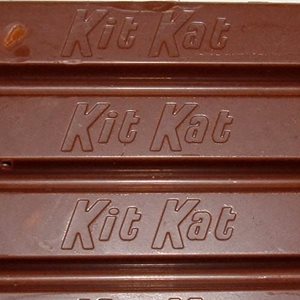 W Cancer Council analysis has found that 63 percent of foods in television advertisements are classified as unhealthy according to Food Standards Australia New Zealand.
W Cancer Council analysis has found that 63 percent of foods in television advertisements are classified as unhealthy according to Food Standards Australia New Zealand.The researchers found that food companies which had signed up to an industry-regulated marketing code were still advertising products deemed by government standards as being unhealthy. Surprisingly, the companies that had not signed up to the voluntary code were more likely to promote healthy food than those that were signatories.
Food companies aren’t allowed to market unhealthy products to children between 7am and 8.30 an and 4pm to 8.30pm on weekdays, and between 7am and 8.30pm on Saturdays and Sundays. Researchers analysed advertisements that aired between 6am and 9pm over a two week period.
In addition to the industry-regulated marketing code, many manufacturers also subscribe to the voluntary Responsible Children’s Marketing Initiative, which allows them to determine their own nutritional criteria and decide which products are suitable for marketing to children.
According to Clare Hughes, author of the study, companies have set their criteria so low that products including Smarties, Tiny Teddies and Kit Kats were deemed appropriate for marketing to children. Thirty-nine percent of food advertisements that met the food brand’s criteria failed the government’s criteria, she said.
Mandatory regulation in accordance with government standards would be a more effective means of reducing the marketing of unhealthy foods to children, Hughes said.
James Mathews, spokesman for the Australian Food and Grocery Council said restricting the marketing of foods to children has been ineffective in reducing childhood obesity overseas.
''The research considers advertising during all shows between 6am to 9am, covering crime programs like Law and Order and movies featuring sex and violence, programs which are hardly targeting children,'' Mathews said. ''This is not a useful basis to consider advertising to children.''
Another voluntary system aimed at promoting healthy foods and providing transparency to consumers is the Health Star food rating system, which got government sign-off in June. However, the industry has questioned its effectiveness, with Terry O’Brien, managing director at Simplot claiming the system is flawed.
"At Simplot, we've run our products through the suggested system and we've got anomalies all over the place, where things like products with no salt are not getting a better rating than the same product with salt.
"So if these sort of anomalies in our hands, then how the heck are they going to help the consumer?” he said.







